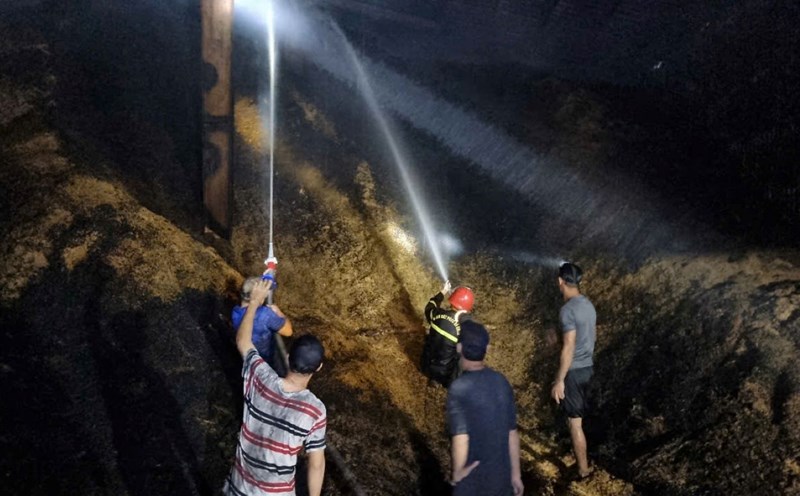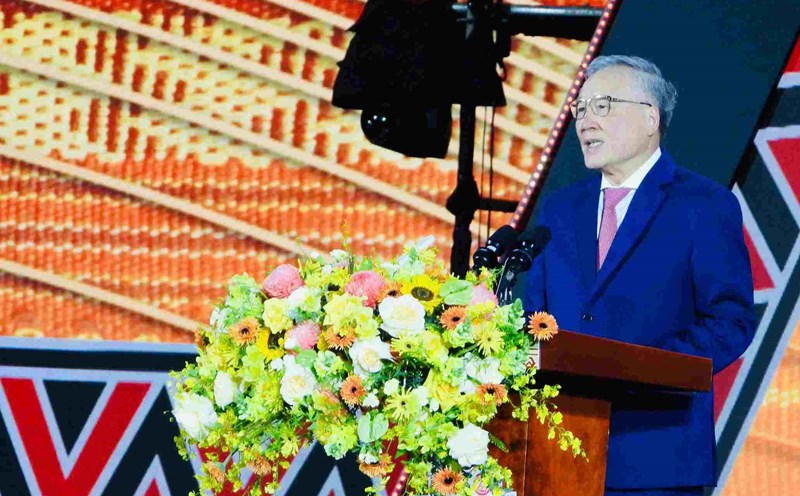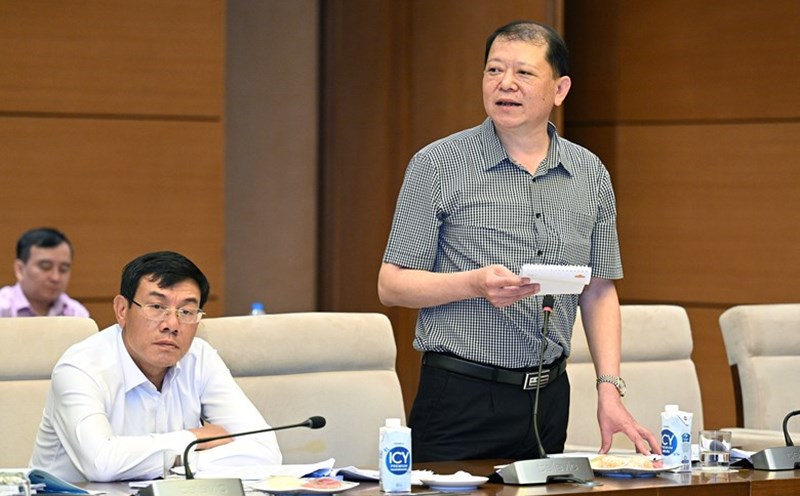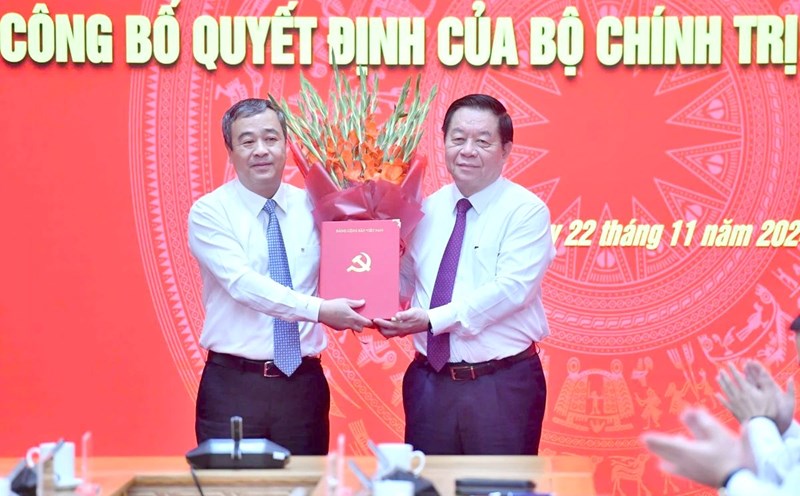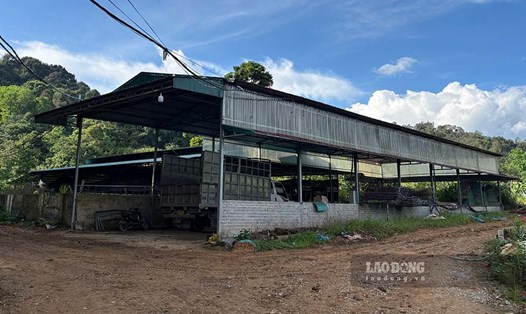Regarding the consideration of whether or not to impose VAT on fertilizers and agricultural machinery and equipment, lawyer Nguyen Thanh Ha, Chairman of SBLAW Law Firm, said that imposing a 5% tax would help stabilize prices and ensure a balance of interests between related parties, but a monitoring mechanism is needed to avoid policy exploitation.
PV: What shortcomings do you see in the current VAT policy of the fertilizer, equipment and agricultural machinery industry?
- Lawyer Nguyen Thanh Ha: Currently, according to the Law amending and supplementing a number of articles of tax laws No. 71/2014/QH13 effective from January 1, 2015 (Tax Law 71), fertilizers, equipment, and agricultural machinery are not subject to VAT. This policy aims to support and encourage agricultural development, but in reality, there are still some shortcomings and challenges for this industry.
Firstly, it affects production costs, because fertilizers and agricultural machinery are not subject to VAT, enterprises producing and trading in fertilizers and machinery are not allowed to deduct input tax for raw materials and related purchasing services. This increases the production costs of enterprises because they still have to pay tax on input materials, but are not entitled to tax refunds.
Second, unfair competition exists because domestic products are not subject to VAT but are not entitled to input deductions. Meanwhile, imported goods from other countries may be exempted from tax or enjoy other incentives. This creates unfair competition between domestically produced goods and imported goods.
Third, the limitation of investment is that this policy does not create incentives to attract investment in the production of fertilizers and agricultural equipment domestically, because businesses have difficulty controlling costs and profits when they are not entitled to tax deductions.
Thus, the transfer of fertilizers and agricultural equipment and machinery to non-VAT subjects is meaningful in supporting agricultural development, but there are still many shortcomings, causing difficulties for businesses. This requires competent state agencies to make appropriate adjustments to promote sustainable development of the agricultural sector, fairer competition and reduce the burden on businesses.

Among the above-mentioned shortcomings, the biggest one is that currently, fertilizers, equipment and agricultural machinery are not deductible for input VAT, leading to increased production costs and possibly higher product prices. This shortcoming goes against the original goal of the policy, which is to support farmers in reducing costs, making the policy less effective than expected.
PV: The Ministry of Finance and many experts have proposed applying a 5% VAT on fertilizers instead of the old regulation. Do you think this is in line with the general trend in the world?
- Lawyer Nguyen Thanh Ha: In fact, many countries have applied VAT on fertilizers and similar agricultural products to expand the tax base and ensure budget revenue. For example, in France and Germany, member states of the European Union (EU), standard VAT is applied to fertilizers, while countries such as Denmark and Latvia apply VAT but also have support mechanisms for small farmers to minimize the financial burden.
Countries such as Romania and Poland, which are major agricultural producers in the EU, also impose VAT on fertilizers, although some countries have opted to exempt or impose low rates for small-scale farms to ease administrative and financial pressures. In Canada, VAT is imposed on fertilizers, but agricultural producers benefit from an input tax credit system to mitigate the financial impact. These countries are all trying to find a balance between generating revenue for the state budget and maintaining the competitiveness of domestic agricultural products.
However, in many countries, VAT exemptions or zero rates for certain types of fertilizers are maintained to support sustainable agriculture and reduce the cost burden on farmers. For example, in the EU, some countries apply lower VAT rates for organic fertilizers, in line with the EU Green Deal strategy.
Countries like India and Canadian provinces also provide subsidies or VAT exemptions on organic fertilizers to encourage organic farming and reduce dependence on chemical fertilizers. In the United States, states like California provide tax credits and subsidies for organic agricultural products.
Therefore, although many countries apply VAT on fertilizers, they also implement mechanisms such as tax reduction, tax exemption or tax credit to protect farmers from financial burden. In the context of Vietnam, some proposals for a more flexible tax rate may be a reasonable solution to both ensure the interests of enterprises and not put additional pressure on farmers.
PV: In your opinion, when drafting the revised Law on VAT, what should be noted to ensure trade defense, thereby providing the best support for the domestic manufacturing industry?
- Lawyer Nguyen Thanh Ha: Up to now, Vietnam has participated in 16 free trade agreements (FTAs). The nature of FTAs is to eliminate tariff barriers and immediately open up the Vietnamese market for goods. If in the WTO, Vietnam only committed to cutting taxes for about 1/3 of the tax lines, in most of the signed FTAs, Vietnam committed to eliminating up to 80-90% of the tax lines.
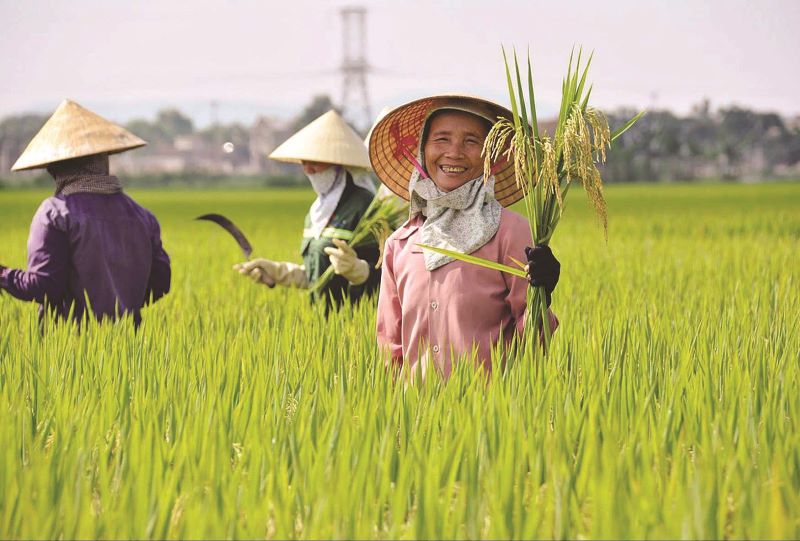
Thus, with a greater degree of openness, goods from Vietnam's FTA partner countries can more easily enter the Vietnamese market without having to face tax barriers, while at the same time, unfair competition by foreign exporting enterprises also tends to increase. This puts great pressure on competition with imported goods for Vietnam's manufacturing industries.
In that context, trade defense is the only measure allowed in the FTA that Vietnamese enterprises can use to protect themselves or temporarily reduce pressure from the increase in imports to have time to recover and self-adjust. However, in terms of experience in trade defense, we are still quite "young".
For fertilizer manufacturing enterprises, according to Tax Law 71, all investment costs for upgrading factories and improving product quality are not tax-refundable and are added to the total investment. This leads to many enterprises facing difficulties in input materials, investment costs for purchasing equipment, and technology conversion. VAT deduction is not applied, so all input taxes paid by enterprises are added to the selling price, added to fixed costs, increasing product prices.
In the case of domestic goods being exempted from tax, imported goods are also not subject to tax, so foreign enterprises have the opportunity to attack the Vietnamese market with products labeled as “foreign goods” and at more preferential prices. This has inadvertently created unfair competition, many foreign enterprises have “dumping” behavior, causing domestic enterprises to suffer losses.
To limit this phenomenon, when drafting the Law on Value Added Tax (amended), it is necessary to carefully assess the economic and policy impacts, narrowing down the service objects identified as export services to ensure that the tax policy is comprehensively amended, but does not disrupt the investment and business situation of enterprises, contributing to socio-economic stability.
PV: Comments on the draft Law on VAT (amended) on fertilizers and agricultural equipment, in your opinion, how should it be adjusted to meet the policy of supporting farmers and agricultural production, especially ensuring food security, avoiding dependence on imported fertilizers?
- Lawyer Nguyen Thanh Ha: The draft Law on Value Added Tax (amended) plans to change fertilizer from a non-taxable subject to a 5% tax rate, which will affect all three entities: the State, enterprises and farmers.
Specifically, the State will have the opportunity to increase budget revenue, fertilizer production enterprises will be able to deduct input tax, thereby creating conditions to reduce product costs corresponding to the deducted tax amount, increase competitiveness with imported fertilizers, and ensure fairness in implementing VAT policy between imported fertilizers and domestically produced fertilizers.
For farmers, due to the nature of VAT as an indirect tax, the tax bearer is the final consumer. Switching fertilizers and agricultural equipment to a 5% tax rate will be the basis for businesses to reduce production costs. For businesses, imposing a 5% tax on fertilizers can help domestic producers have room to reduce selling prices, but a strict monitoring mechanism is needed to ensure that there is no policy exploitation.
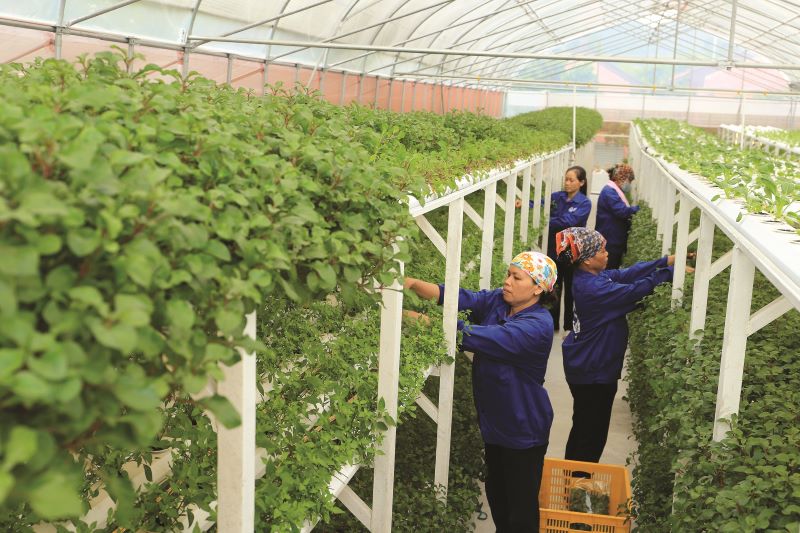
Our country's agriculture is ensuring the livelihood of over 60% of the population living in rural areas; accounting for 30% of the country's workforce and accounting for nearly 12% of GDP. To balance both factors of ensuring farmers' rights, food security as well as creating conditions for healthy competition for domestic fertilizers, competent state agencies can carefully consider applying a 5% tax on fertilizers.
Thank you very much!




